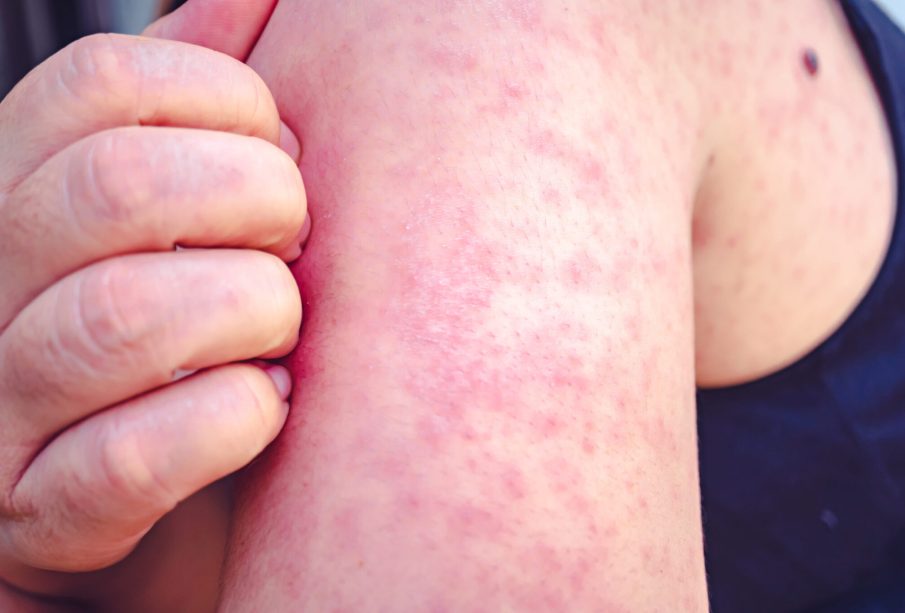Understanding the Rise of Measles and the Importance of Vaccination

Introduction
Measles, a highly contagious viral disease, has seen a troubling resurgence across various regions of the globe. The World Health Organization (WHO) reported a 22% increase in measles cases in 2023 compared to the previous year, highlighting a significant public health concern. Understanding the implications of this rise and the role of vaccination is essential for communities and individuals alike.
Current Situation
According to WHO, as of September 2023, there have been over 10,000 reported cases of measles worldwide, with significant outbreaks occurring in countries with low vaccination rates. Areas such as Eastern Europe and parts of Africa are particularly affected, where misinformation about vaccines has contributed to lower immunisation coverage.
In the UK, while the overall rates of measles vaccination have remained relatively stable, pockets of communities with low vaccination uptake pose a risk for outbreaks. Public health experts warn that without adequate herd immunity, populations remain vulnerable to the disease. Measles is not only highly infectious but can lead to severe complications, including pneumonia and encephalitis, which underline the importance of community-wide vaccination efforts.
Causes of Resurgence
The increase in measles cases can be attributed to several factors, including vaccine hesitancy driven by misinformation about vaccine safety. Outbreaks often occur in close-knit communities where vaccination rates fall below the critical threshold of 95% needed for herd immunity. The COVID-19 pandemic also disrupted routine vaccinations, leading to a backlog of children who missed their immunisations.
Vaccination as a Key Solution
The MMR (measles, mumps, rubella) vaccine remains the most effective way to prevent measles. Health authorities worldwide, including the NHS and WHO, strongly advocate for vaccination against measles as it not only protects individuals but also helps prevent the spread of the virus in the community. Immunisation campaigns in response to outbreaks, alongside public education on the importance and safety of vaccines, are critical steps in combating this resurgence.
Conclusion
The rise in measles cases represents a significant public health concern that requires immediate attention. As vaccines serve as the frontline defence against measles, it is essential to address misinformation and improve vaccination rates. For communities and healthcare providers, understanding the dynamics of this outbreak and the critical importance of immunisation are vital for protecting future generations. The fight against measles is ongoing, and it is imperative that collective efforts are made to ensure high vaccination coverage and safeguard public health.








